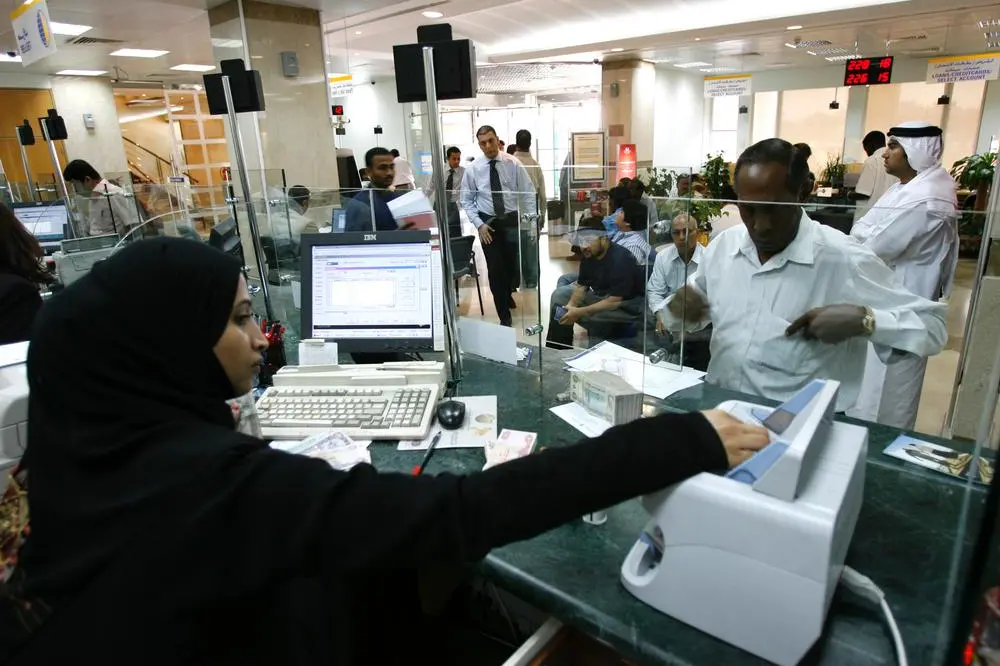PHOTO
Mubasher: Bank lending is still a leading financing instrument for megaprojects in the GCC countries, general manager of foreign corporate, oil and trade finance group of the National Bank of Kuwait (NBK) said.
“The region’s banks have more liquidity and the debt capital market for the energy sector, and energy companies in specific, provides inherent advantages that include fixed interest rates, flexibility in financings and a wider lending base,” Pradeep Handa added, during his participation at the Fifth GCC Energy Strategy Forum held in Kuwait.
The NBK official presented an overview of the energy sector in Kuwait, starting with a look at Kuwait Petroleum Corporation’s (KPC) 2040 vision and the expected production growth.
Handa noted that the broader energy sector and the public-private partnership (PPP) projects are forecast to be tendered at a minimum capital expenditure (Capex) of $ 5 billion in the short term, with Capex expected to see an addition of $ 394 billion until 2040.
“The lending environment may change in the future as borrowers become more sophisticated, GCC markets become more mature and regulatory capital gets scarcer for regional banks. Initiatives in this direction are seen with an increasing emphasis on the PPP model in Saudi, UAE, Oman, Bahrain and Qatar, however much less in Kuwait despite the opportunities,” Pradeep Handa added.
He noted that “NBK has led the financing of over KWD 1.2 billion are financing the Clean Fuels Project, and KWD 390 million for the LNG Terminal.”
The leading Kuwaiti bank has recently completed the financing of the Duqm Refinery Project in Oman at $4.6 billion, which is one third financed by a mix of Kuwaiti banks.
NBK has also managed sukuk and bonds issuance for the petrochemical company Equate.
“The Arab Petroleum Investments Corporation (APICORP) estimates that GCC member states will require around $320 billion in expected capital expenditure for oil and gas projects over the next five years, while the Middle East and North Africa region is expected to invest around $611 billion in the energy sector over the same period,” according to the recent statement.
All Rights Reserved - Mubasher Info © 2005 - 2019 Provided by SyndiGate Media Inc. (Syndigate.info).





















